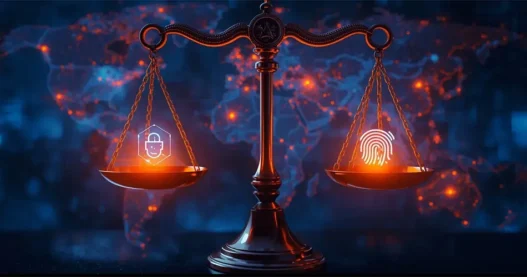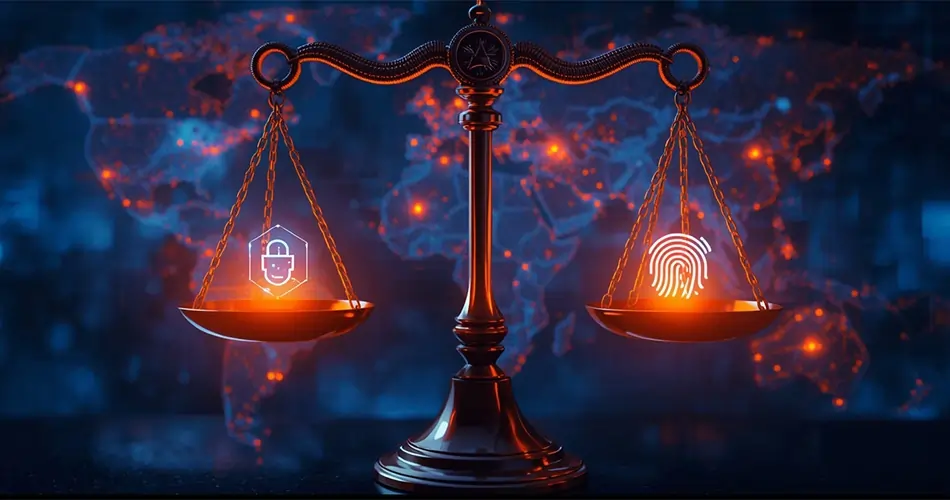Introduction:
Artificial Intelligence (AI) is no longer a futuristic concept, it is shaping how governments, businesses, and individuals operate in 2025. While AI offers efficiency, automation, and innovation, it also brings serious privacy challenges. From AI surveillance systems tracking citizens to predictive algorithms profiling consumers, regulators in the European Union (EU) and the United States (US) have been forced to respond with stronger privacy and data protection laws.
The new AI privacy laws of 2025 represent a turning point in global digital rights. Both regions have implemented updated frameworks that not only regulate AI usage but also provide individuals with more control over their data. This article explains the key updates, differences, and impacts of these new laws, while highlighting how businesses and individuals can stay compliant and protected.
Why AI Privacy Laws Are Needed in 2025
AI systems thrive on big data, meaning they collect, analyze, and store massive amounts of personal information. This includes:
- Browsing history
- Biometric identifiers (facial recognition, fingerprints, voice)
- Location data
- Shopping and behavioral patterns
- Communication metadata
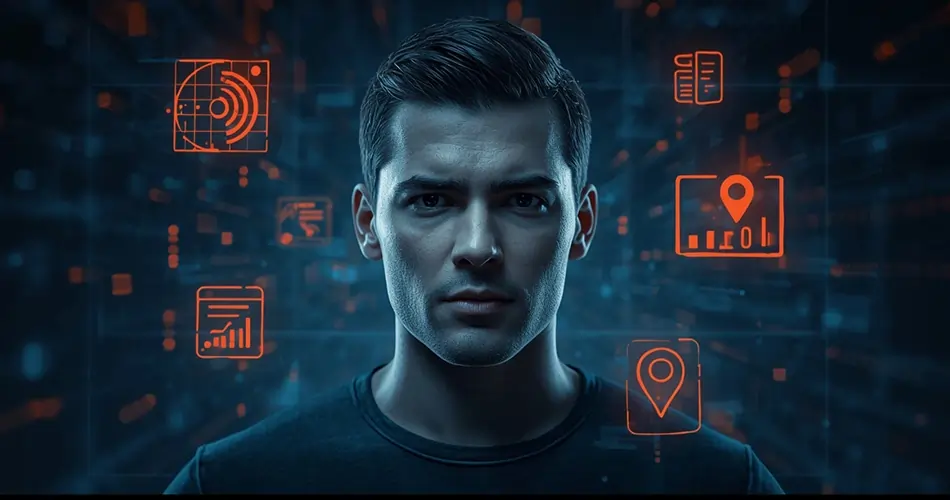
Without regulation, companies and governments can exploit this information for AI profiling, surveillance, targeted advertising, and even predictive policing.
The risks include:
- Loss of privacy through facial recognition in public spaces
- Unregulated data harvesting by AI-driven platforms
- Algorithmic bias affecting employment, finance, and law enforcement decisions
- Security threats from AI-powered hacking tools
These concerns led to updated AI privacy regulations in 2025 across the EU and US.
Key Highlights of the EU’s New AI Privacy Laws (2025)
The European Union has long been at the forefront of digital privacy regulation, starting with the General Data Protection Regulation (GDPR). In 2025, the EU rolled out an updated framework called the AI Act (2025 Update), aimed specifically at AI governance and privacy protection.
-
Stricter AI Transparency Rules
- Companies using AI must clearly disclose when decisions are automated.
- Companies must inform consumers if they are using their data for AI training.
- Facial recognition tools in public spaces are restricted unless strictly necessary for security.
-
Bans on High-Risk AI Practices
- Emotion recognition in schools and workplaces is banned.
- The law prohibits predictive policing algorithms that target individuals based on behavior.
- AI systems that manipulate vulnerable groups (like children or elderly users) are restricted.
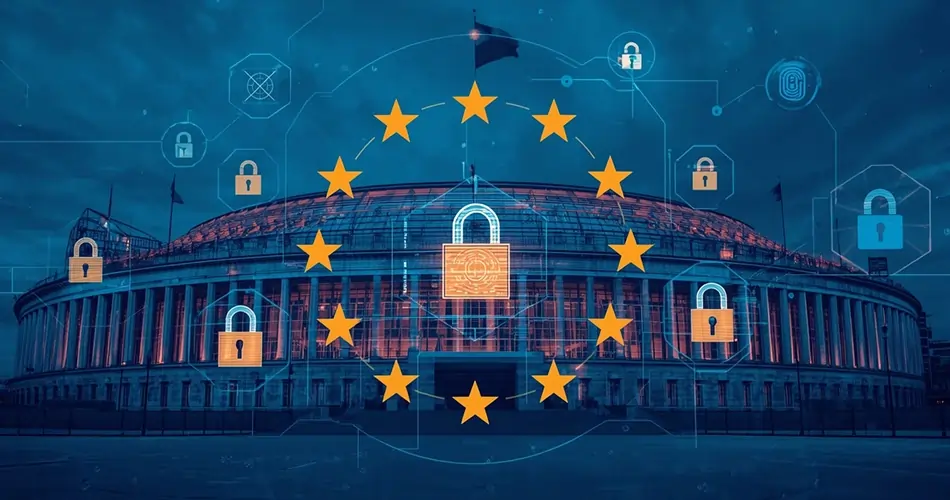
-
Expanded Data Protection Rights
- EU citizens can now demand that their data be excluded from AI training datasets.
- The “Right to Explanation” requires companies to explain AI decisions in simple language.
- Users can request AI opt-outs from profiling or targeted ads.
-
Tougher Penalties for Non-Compliance
- Companies violating AI privacy rules face fines up to 6% of global annual turnover.
-
Independent AI regulators across EU member states handle enforcement.
New AI Privacy Laws in the United States (2025 Update)
Unlike the EU, the United States has historically been slower to adopt comprehensive privacy laws. However, growing concerns about AI surveillance by Big Tech companies and data breaches have pushed US lawmakers to act.
The American AI Privacy and Accountability Act (AAPAA 2025) was introduced this year to create uniform standards across states.
-
National AI Privacy Standards
- Replaces the patchwork of state privacy laws (like California’s CCPA).
- Ensures that all US citizens have basic data rights regardless of location.
-
Mandatory AI Disclosures
- Companies must notify users when AI is being used in hiring, lending, healthcare, or government services.
- AI-powered surveillance tools in workplaces and schools require employee or parent consent.
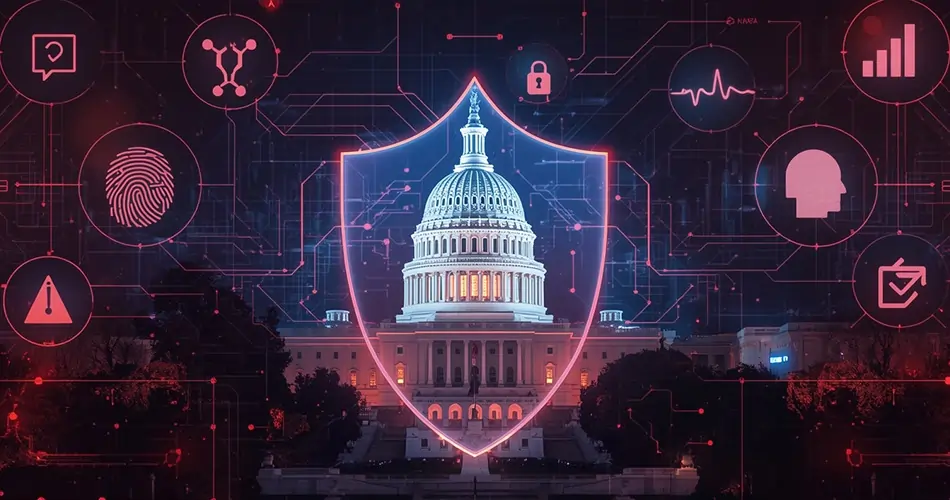
-
-
AI Bias Audits
- Firms deploying AI must conduct independent bias audits.
- Results must be publicly available to ensure fairness in hiring, credit scoring, and policing.
-
Data Ownership & Control
- Citizens gain ownership rights over personal data.
- Users can demand that their data be deleted from AI datasets.
- The law bans the sale of biometric data without explicit consent.
-
Stronger Enforcement
- Federal Trade Commission (FTC) gains expanded authority to enforce violations.
- Penalties include heavy fines, forced shutdowns of non-compliant AI systems, and criminal charges for severe breaches.
Comparing EU and US AI Privacy Laws
While both regions aim to strengthen privacy protections in the AI era, their approaches differ.
-
| Aspect | EU (AI Act 2025) | US (AAPAA 2025) |
| Approach | Risk-based regulation | Rights-based regulation |
| Focus | AI transparency & bans on high-risk uses | User data ownership & anti-bias measures |
| Enforcement | Independent AI regulators | Federal Trade Commission |
| Penalties | Up to 6% of global revenue | Heavy fines + criminal liability |
| Biometric Data | Heavily restricted | Sale banned without consent |
Both regions emphasize AI accountability, but the EU leans toward strict bans, while the US focuses on individual rights and fairness.
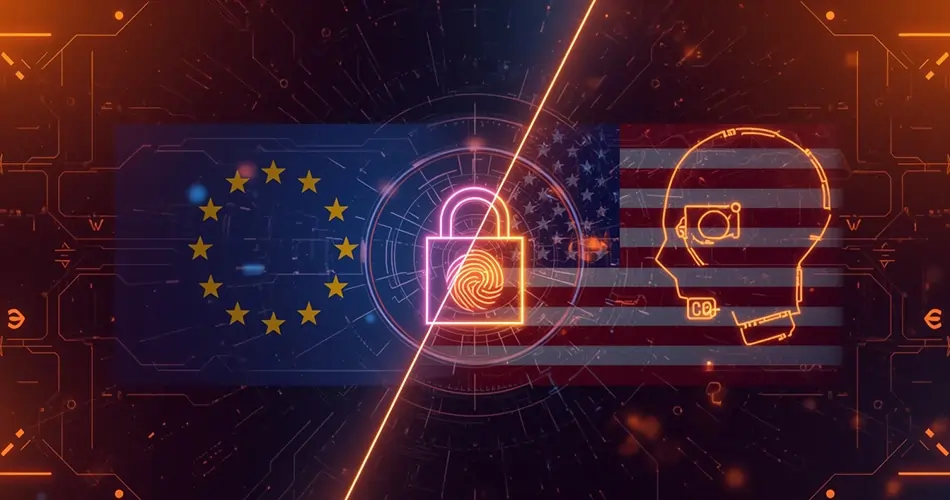
Impact of New AI Privacy Laws on Businesses
Companies operating in the EU and US must adapt quickly to avoid penalties. Key impacts include:
- Compliance Costs: Businesses must invest in AI governance systems and regular audits.
- Data Protection Officers: Required in many organizations to oversee AI compliance.
- Transparency Burden: Companies must disclose AI usage in customer interactions.
- Reduced Data Exploitation: Data-hungry AI models may face restrictions on training datasets.
- Global Ripple Effect: Other countries are likely to adopt similar AI privacy frameworks.
How Individuals Benefit from AI Privacy Laws
The new laws provide greater protection for citizens:
- Control over data → Ability to delete or exclude personal information from AI systems.
- Reduced surveillance → Limits on facial recognition and predictive policing.
- Fairer decisions → Bias audits prevent AI discrimination in jobs, loans, and policing.
- Transparency → Clear disclosure when interacting with AI-driven tools.
For ordinary users, this means more privacy, freedom, and accountability in digital life.

Future of AI Privacy Regulation
2025 is just the beginning. As AI evolves, laws will be updating contineously. Likely future developments include:
- Global AI Privacy Standards, UN or international frameworks for AI governance.
- Tighter Control of Generative AI, New rules on deepfakes, misinformation, and copyright issues.
- AI Security Mandates, Requirements for AI systems to defend against cyberattacks.
- Ethical AI Certifications, Labels for AI systems that meet privacy and ethical standards.
FAQs
Q1. What are the new AI privacy laws in 2025?
In 2025, both the EU and US introduced stronger AI privacy laws focusing on data protection, transparency, and limits on AI surveillance.
Q2. How do EU AI privacy laws affect businesses?
The EU’s AI Act enforces strict rules on high-risk AI systems, requiring audits, transparency reports, and user data protection compliance.
Q3. What is the difference between EU and US AI privacy laws?
EU laws focus on strict consumer protection and AI accountability, while US laws emphasize innovation but include new safeguards against AI misuse.
Q4. Do AI privacy laws protect personal data?
Yes. The new regulations limit how AI collects, processes, and shares personal data, giving individuals more control over their digital identity.
Q5. How can companies comply with AI privacy regulations?
Businesses must adopt AI transparency tools, conduct privacy impact assessments, and follow strict reporting rules under EU and US laws.

